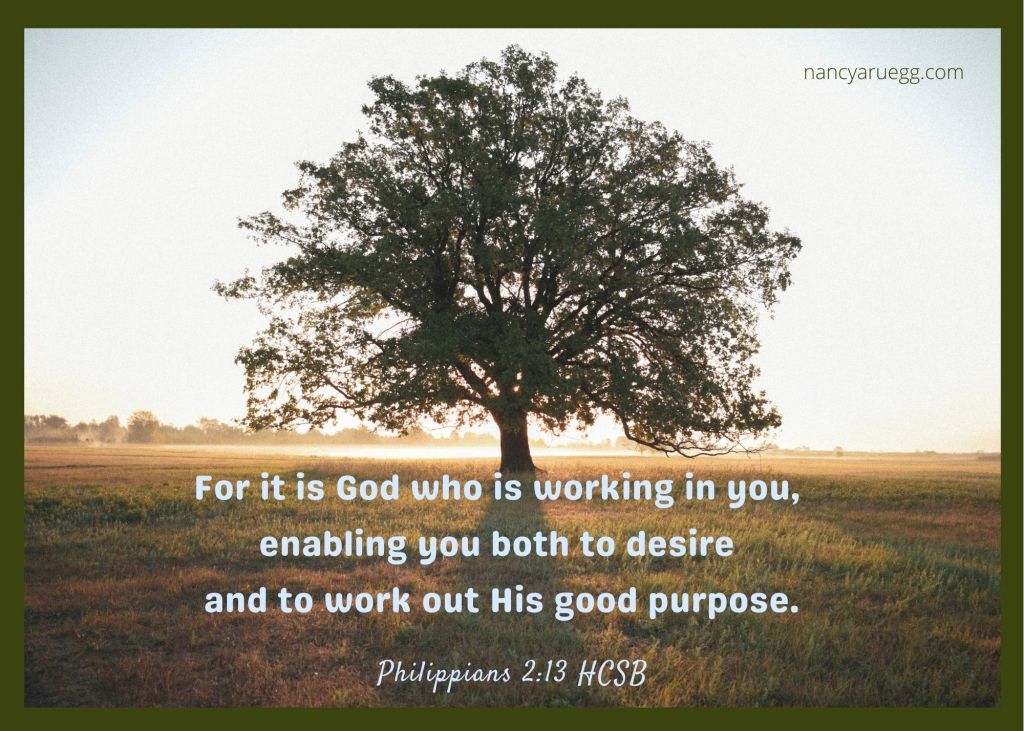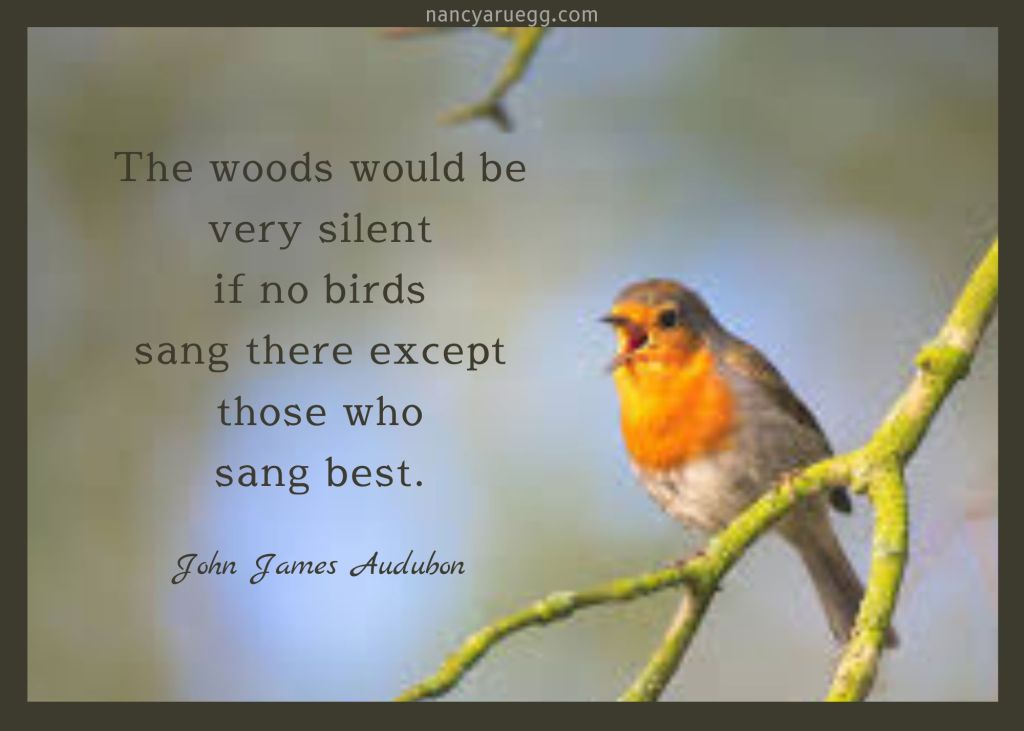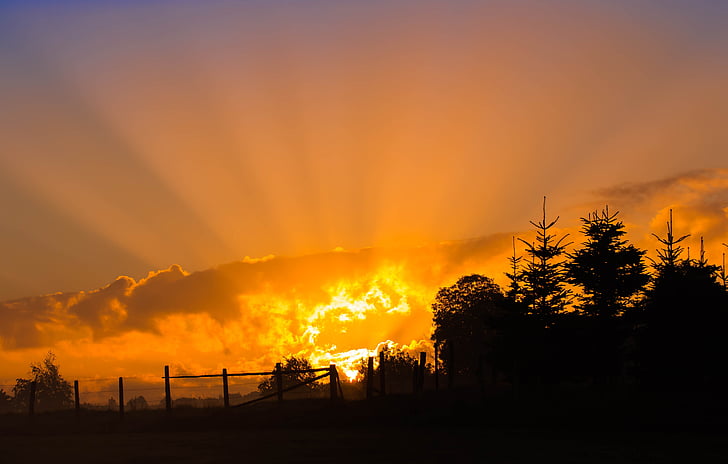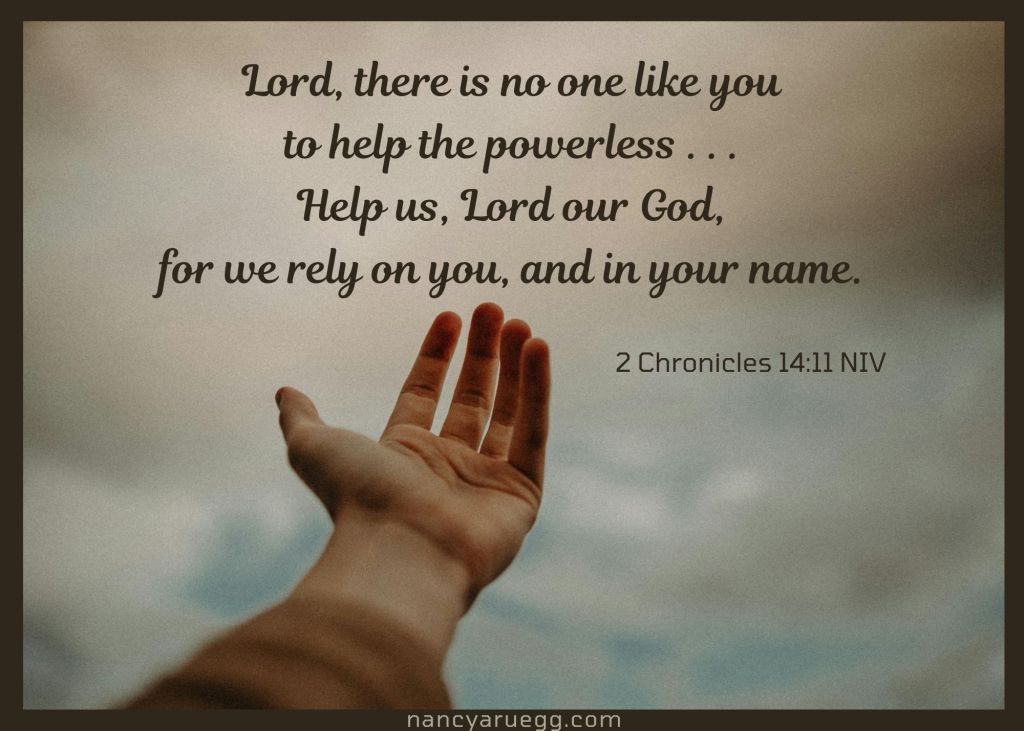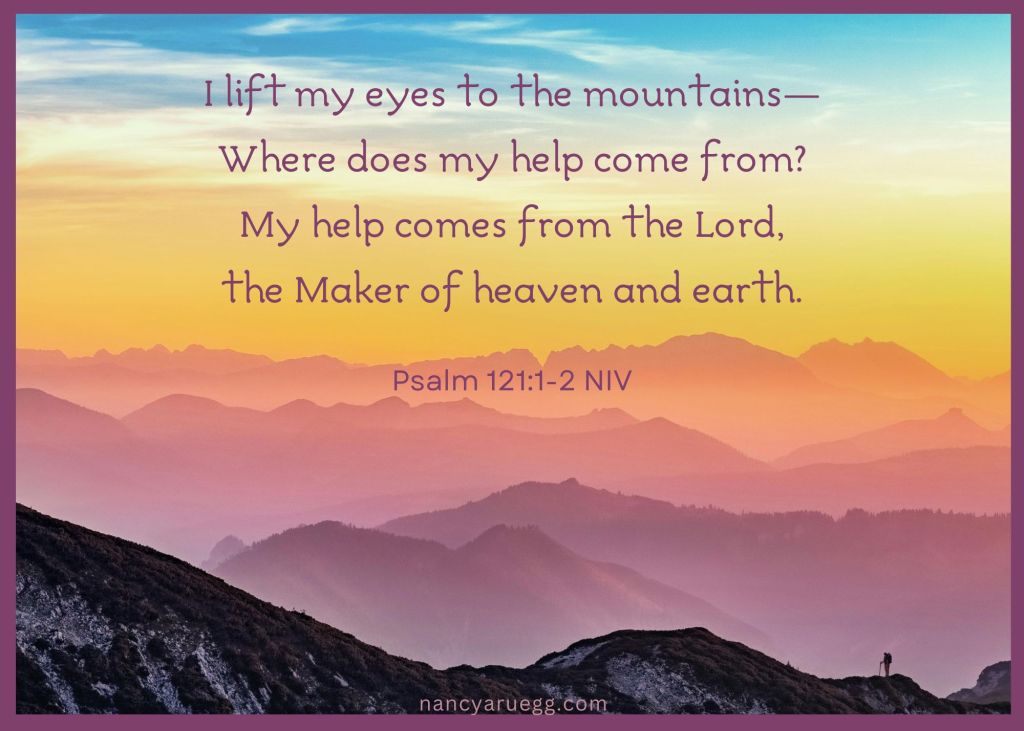Have you seen those grace-filled fingerprints? Perhaps at home in the joy of good-natured laughter around the family table, or one child helping another with his homework—unprompted, or unified celebration of all—for the success of one.
Perhaps you’ve seen God’s fingerprints outdoors in a landscape of incredible beauty and grandeur, or an up-close encounter with one of God’s creatures, or the expanse of a sunrise, sunset, or brilliant rainbow.
And especially at church, we see God’s fingerprints when an impassioned congregation sings their praise to him, a saint of God offers a heart-touching prayer, someone shares a personal story of divine, miraculous provision, or a scripture-reading fits perfectly our current circumstances.
No doubt, God’s grace is on display everywhere and always. It never wanes; it’s new every morning. And, as illustrated above, when we intentionally look, we see his fingerprints in the GRACE of place.
But God’s grace is not only evident around us. God has provided a place of GRACE within us as well.
“This grace of God is a very great, strong, mighty, and active thing.
It does not lie asleep in the soul.
Grace hears, leads, drives, draws, changes, works all in man,
and lets itself be distinctly felt and experienced.
It is hidden, but its works are evident.
–Martin Luther
That middle line especially deserves deep and slow consideration. Luther would surely have us understand:
- Our God of grace hears—even before we speak (Isaiah 55:24).
- Our God of grace leads—along the best and straightest path to himself (Psalm 16:11a) [1].
- Our God of grace drives (propels)—gently but persistently—so we’re resilient, not fragile; strong, not weak; useful, not ineffectual (Ephesians 3:20).
- Our God of grace lovingly and relentlessly draws us unto himself (Jeremiah 31:3).
- Our God of grace changes us, progressively transforming us into his likeness with ever-increasing glory (2 Corinthians 3:18).
- Our God of grace works in us so he can work through us—all to his and our mutual delight (Philippians 2:13).
He is a passionately dedicated, perfectly-intentioned, and supremely benevolent Heavenly Father!
Yet there is more.
Our God enriches, enlightens, enables, and enraptures by:
- blessing us—not with everything that pleases us—but with everything good for us [2]
- bestowing the privilege of his presence—“so wonderful, quieting, soothing, calming, and warming” [3]
- guiding us with supernatural wisdom as we avail ourselves with childlike trust
- shaping our lives into what is useful and beautiful [4]
- providing a haven within of comfort (Psalm 34:18) and strength (Psalm 59:16), refreshment (Acts 3:19) and joy (Psalm 4:7)
All good things are a result of God’s grace (Psalm 84:11)—in the GRACE of place all around us and in the place of GRACE within.
Where are you seeing God’s grace-filled fingerprints this day? Tell us about it in the comment section below!
[1] Dietrich Bonhoeffer
[2] King David mentions at least ten gifts in Psalm 103 alone.
[3] J. Danson Smith, quoted in Streams in the Desert, Jim Reimann, ed., 340.
[4] Eugene Peterson, Run with the Horses, 79.
Art & photo credits: http://www.openclipart.org & canva.com; http://www.pickpik.com; http://www.canva.com (2); http://www.creazilla.com (painting by Pieter Claesz).



